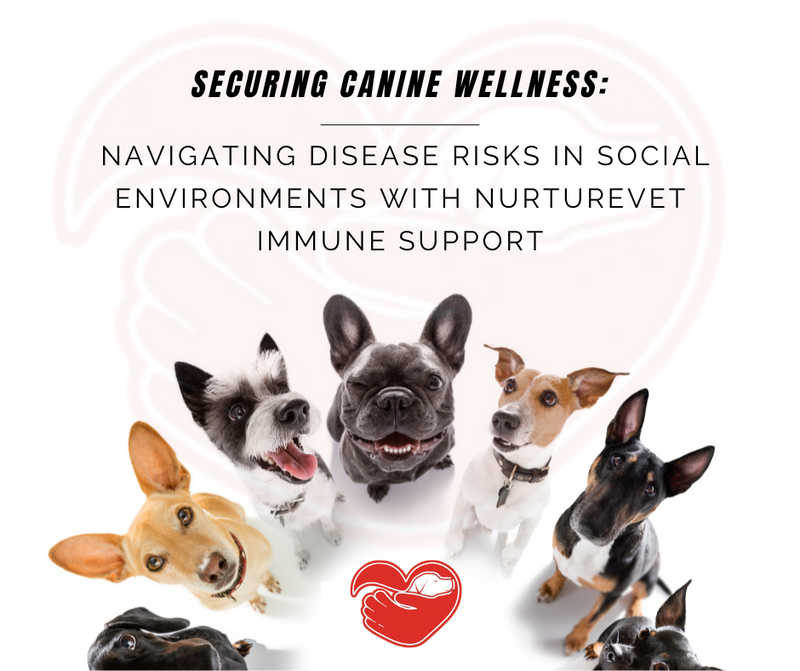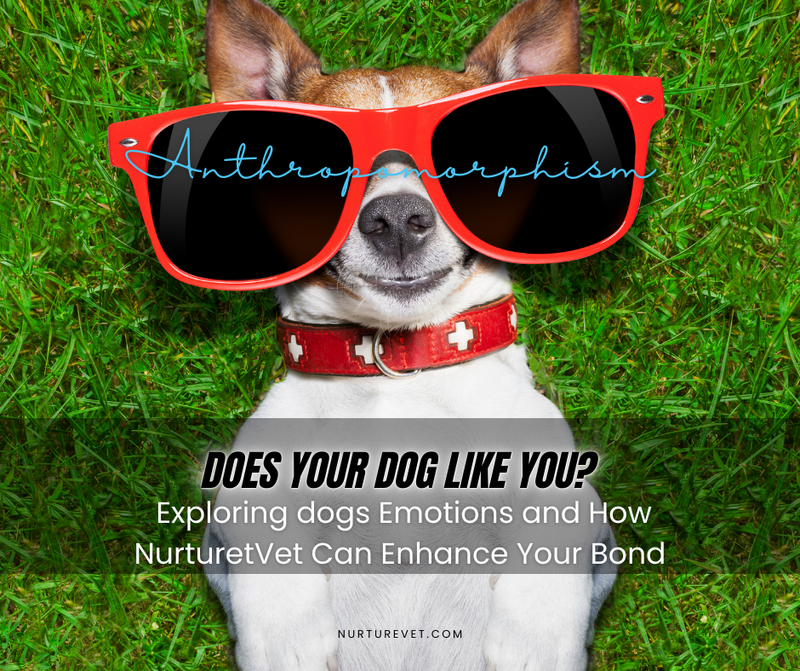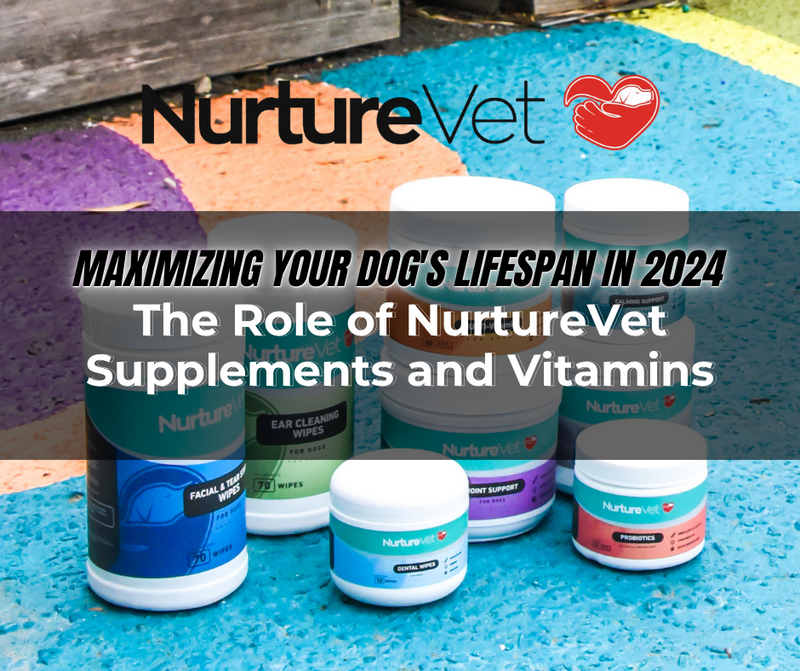
Supplements offer many great health benefits for your dog, from boosting their immune system to improving the quality of their skin and coat. Supplements only work, however, if they’re tailored to meet your dog’s individual needs.
All-in-one supplements that celebrate their all-inclusive benefits can actually do more harm to your dog’s health than good.
The Dangers of Over-Supplementing Your Dog
While using a specific supplement to target a deficiency in your dog’s diet is a fantastic way to improve their overall health, an all-in-one supplement poses many health risks to your dog.
These supplements aren’t targeting your dog’s specific needs but are instead generically increasing the levels of a variety of vitamins and minerals. Too much of a specific vitamin can lead to many health issues.
Vitamin Imbalance and Overdose
For your dog to be at optimum health, each vitamin needs to be in specific ratios to one another. If one of those levels is too high, the balance in your dog’s body is off.
If your dog takes in too much of a water-soluble vitamin, there’s a good chance that they will expel the excess through their urine, but too many fat-soluble vitamins (like Vitamin A and D) can build up in your dog's liver or fat tissue to toxic levels.
Too much of a specific vitamin leads to vitamin overdose, which causes:
- Kidney failure
- Liver failure
- Stiffness in joints
- Dehydration
- Vomiting
- Drowsiness
- Irritability
Interactions With Other Medications
If your dog is on any medication, it’s important to go over any supplements that your dog is taking with your vet.
With an all-in-one supplement, it can be hard to identify all of the individual vitamins that you’re supplementing in your dog’s system. This can lead to adverse reactions with your dog’s medication.
Certain vitamins can affect the absorption rates of prescription medication, and some vitamin-medication combinations can be dangerous. For example, if your dog is on an anticoagulant, vitamin E can lead to serious coagulopathy.
4 Reasons to Give Your Dog a Personalized Supplement
Unless your dog is deficient in those 10 specific nutrients, a 10-in-1 supplement is increasing your dog’s levels of vitamins and minerals that are already at their optimum heights.
To prevent overdose or adverse reactions from over-supplementing your dog, consider whether that supplement will serve a purpose in your dog’s overall health. You should only give your dog supplements that they need--not ones that claim to generically improve your dog’s health.
Here are 4 reasons your dog might need to add a specific supplement to your dog’s daily routine:
1. Your Dog is Deficient in a Specific Vitamin
If you have spoken with your vet, and you know that your dog is lacking in a specific vitamin or nutrient, a supplement is a great way to correct the levels of that specific vitamin in your dog.
In this case, you’re actively trying to improve the balance of your dog’s vitamins, not throw them off. Even a small improvement to your dog’s vitamin level can have a massive improvement in their overall health.
2. Your Dog’s Homemade Diet Lacks Certain Nutrients
If you make your dog’s food at home from human-grade ingredients or feed a raw food diet, your dog’s diet could be lacking in specific vitamins and minerals that they need. In that case, adding a supplement for those specific vitamins will create a nutritionally complete diet for your dog.
It’s always best to consult with a vet or dog nutritionist to learn exactly what your dog’s diet is lacking and how you can best compensate for those missing nutrients.
Common vitamins and minerals that homemade dog food recipes lack include:
- Zinc
- Choline
- Copper
- Omega-3 fatty acids
- Calcium
3. Your Dog Has a Health Condition
In many cases, supplements can be used to treat or ease the symptoms of certain health conditions. Your vet will have the best information for you about the specifics of your dog’s health condition and what supplements your dog needs.
For example, a fish oil or omega-3 fatty acid supplement can help treat arthritis or an antioxidant supplement can help treat allergies. Other health conditions that supplements work well for are:
- Inflammation
- Skin allergies
- Cognitive dysfunction
- Heart disease
- Digestive health
4. Your Dog’s Breed is Predisposed to Certain Health Conditions
If you know that your dog’s breed is naturally predisposed to certain diseases or health conditions, supplements can be used as a preventative measure. For example:
- Taurine for improving joint health
- Iodine to prevent hyperthyroidism
- Glucosamine to help prevent hip dysplasia
Your dog would take a specific supplement based on the vitamin or mineral related to the specific condition.
Shop Natural, High-Quality Supplements to Improve Your Dog’s Health Today
At NurtureVet, we understand the importance of specially formulated pet supplements to keep your dog happy and healthy. Our supplements are made from the highest quality ingredients and backed by extensive veterinary research.
Shop our full line of wholesome supplements today.





0 comments